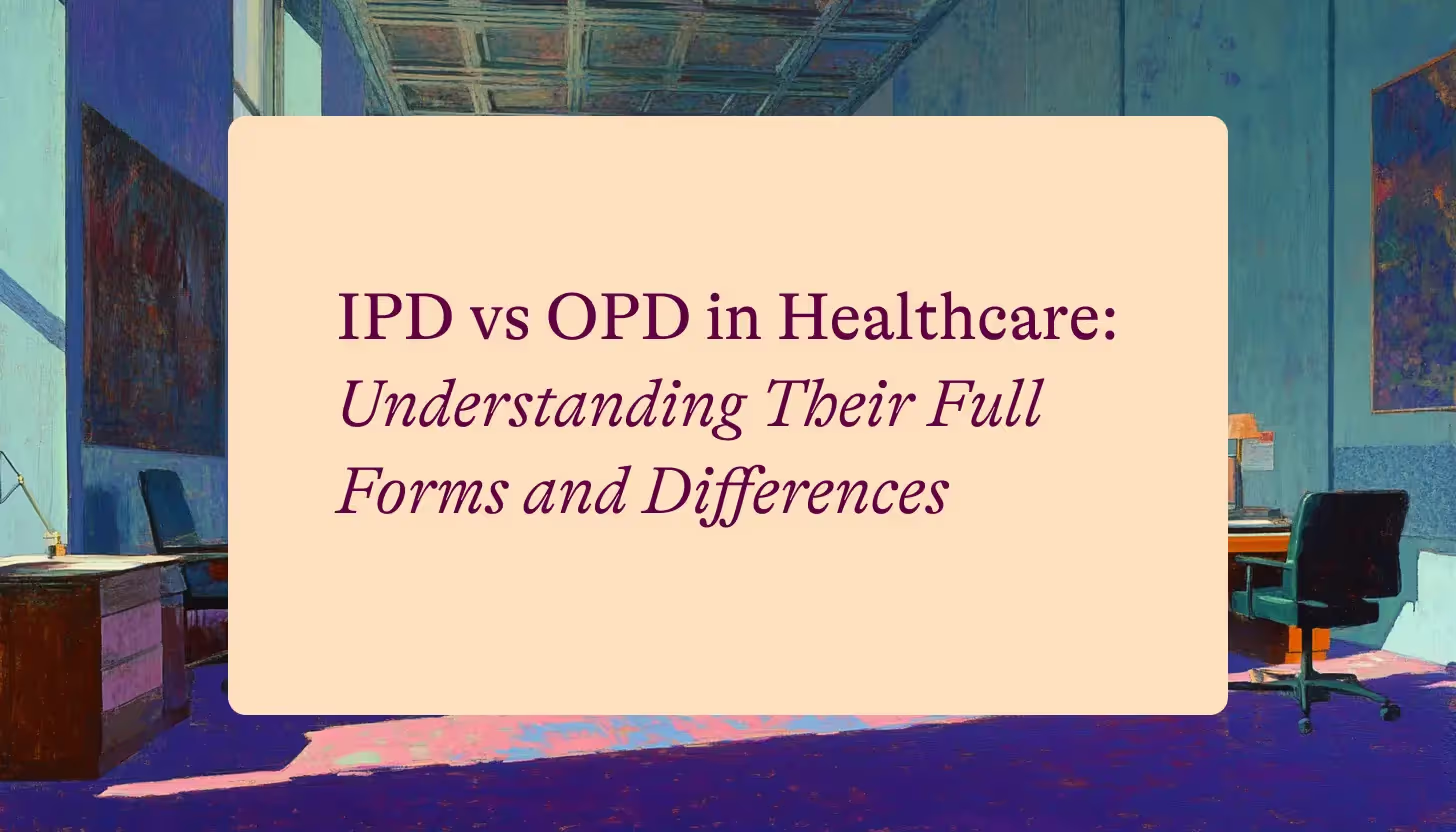The current pandemic situation across the globe has made us all realize the importance of having adequate long-term health insurance. With the skyrocketing medical inflation, medical emergencies of any kind can leave a huge dent in your pocket in no time.
Accessing a good health care facility and getting the right treatment at the right time without any financial roadblocks require you to have adequate health coverage. It is not just important but highly necessary to avail individual or group health coverage to protect yourself and all your family members against unexpected medical emergencies.
As you have realized the importance of health insurance to lead a happy and healthy life, it is also vital to know what type of plan to avail to reap the benefits when in need. It can be availed for one year and can be renewed on an annual basis. Now, there is also an option to avail a policy for long-term tenure, which is for two to three years.
Should you select a short-term or a long-term plan? Let’s understand its concept a little more to get an answer to this common and tricky question that plagues our minds.
What is Long-Term Health Insurance? ?
Normally, regular health plans come with a short-term tenure of 12 months, which can be renewed every year. Unlike such plans, there are health policies that come with a tenure of two years or three years, which are referred to as long-term plans.
If you opt for a long-term plan, you do not have to face the hassles of renewing it every twelve months. You can enjoy the benefit of continuous coverage for three years without renewal hassles. One of the main plus points of long-term health plans is that the insurance providers offer you coverage at a relatively discounted premium for seeking continuous coverage with them.
Long-term health insurance can be availed for various types of plans such as individual plans, family floater plans, critical illness plans, and some of the senior citizen plans, etc.
Let’s take a look at the benefits of availing of long-term health plans over short-term or regular plans.
Benefits of Long-Term Health Insurance
Longer policy tenure: As the medical insurance policy remains valid for a longer period of two to three years, the benefits of the same can be enjoyed without any interruption.
Comprehensive and customizable: As long-term policy can be customized based on the requirements and needs of a policyholder, various features and add-on benefits such as maternity benefits or room rent waiver, etc. can be added to make need-based customization. This also makes the policy more comprehensive in nature.
No frequent renewal hassle: When the policy period is short, say 12 months, many policyholders may tend to forget the renewal dates every year. Tracking the expiry date and then completing the renewal process may seem like a hassle to many. For such people, a long-term plan is a blessing to save them from the hassles of renewal every year.
Reduces claim rejection chances: In the case of short-term or regular health plans, there are chances of your claim getting rejected in case the renewal of the policy is not done on time. However, long-term plans reduce the chances of claim rejection as there are no hassles of renewal.
However, there are a few disadvantages also for availing of long-term plans, which need to be kept in mind while selecting such insurance.
Disadvantages of Long-Term Health Insurance
Long-term health plans are suitable for people who are looking for convenience as most of the features of the medical insurance plan remain the same.
Need to wait long for switching insurance companies: It is valid for two or three years, you cannot switch to a new insurance company even if you are not satisfied with the benefits or services of the existing insurance provider. You need to wait for the next renewal to switch to a new insurance provider. Porting insurance companies would take longer.
Premium burden: As you have to pay for three or two years of medical insurance coverage at once, sometimes you may feel the burden of premium. Though it is relatively cost-effective, you need to pay all at once.
Loss of no-claim bonus benefits: No-claim bonus benefit for not making any claims throughout the year is available only for regular plans of 12-month tenure. A No-claim bonus helps you in reducing the renewal premium of medical insurance. You would lose this benefit when you opt for a long-term health insurance policy.
Missing 80D tax benefits: Health insurance tax benefits can be claimed for up to Rs. 25,000 per annum for the premium paid for self, spouse, and children and an additional Rs. 25,000 for medical insurance premium paid for dependent parents. However, for long-term plans, the premium is paid in a lump sum which can be claimed only in the year the premium is paid and not the subsequent years.
Say, in year 1, you pay a premium for a long-term plan of Rs. 60,000 as health coverage for self, spouse, and children. However, you can claim only Rs 25,000 in year 1, as that is the maximum amount. The remaining Rs 35,000 would have no tax benefits.
On the other hand, if you have paid an annual premium of even say Rs. 22,000 per year (assuming it remains the same for the entire period), you would be able to claim the entire benefit of a total of Rs. 66,000 (Rs. 22,000 *3) across all 3 years, as opposed to claiming it only once in year 1.
A long-term policy ensures comprehensive and continuous coverage. As a policyholder, you do not have to worry about the hassles of renewal and coverage for medical expenses for a long period. Though there are a few disadvantages, policyholders can consider the additional benefits in terms of features and cost-effectiveness of a long-term health insurance policy. It is important to stay healthy and insured. ?
Meet Plum on Twitter.
.avif)










.avif)














